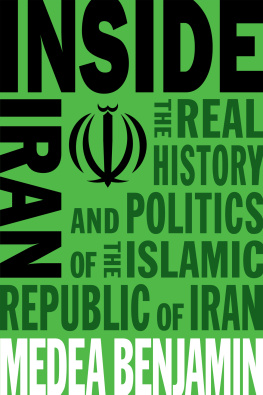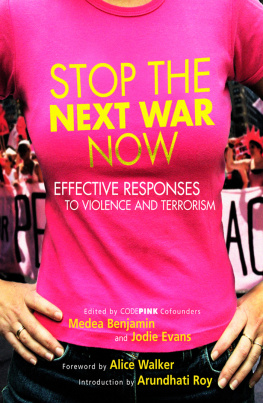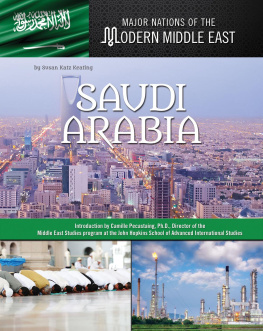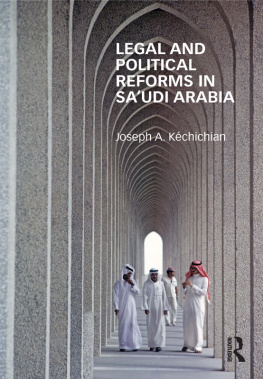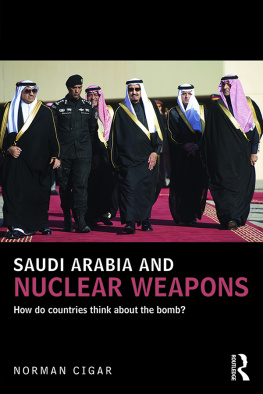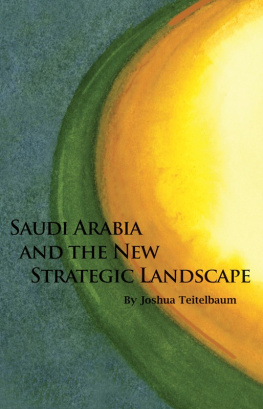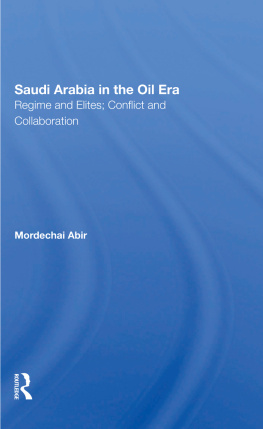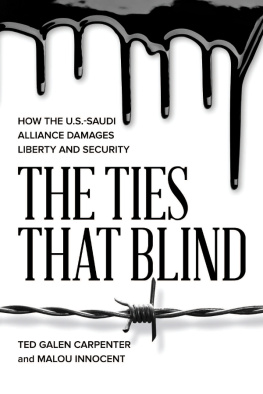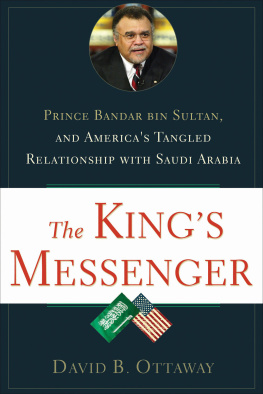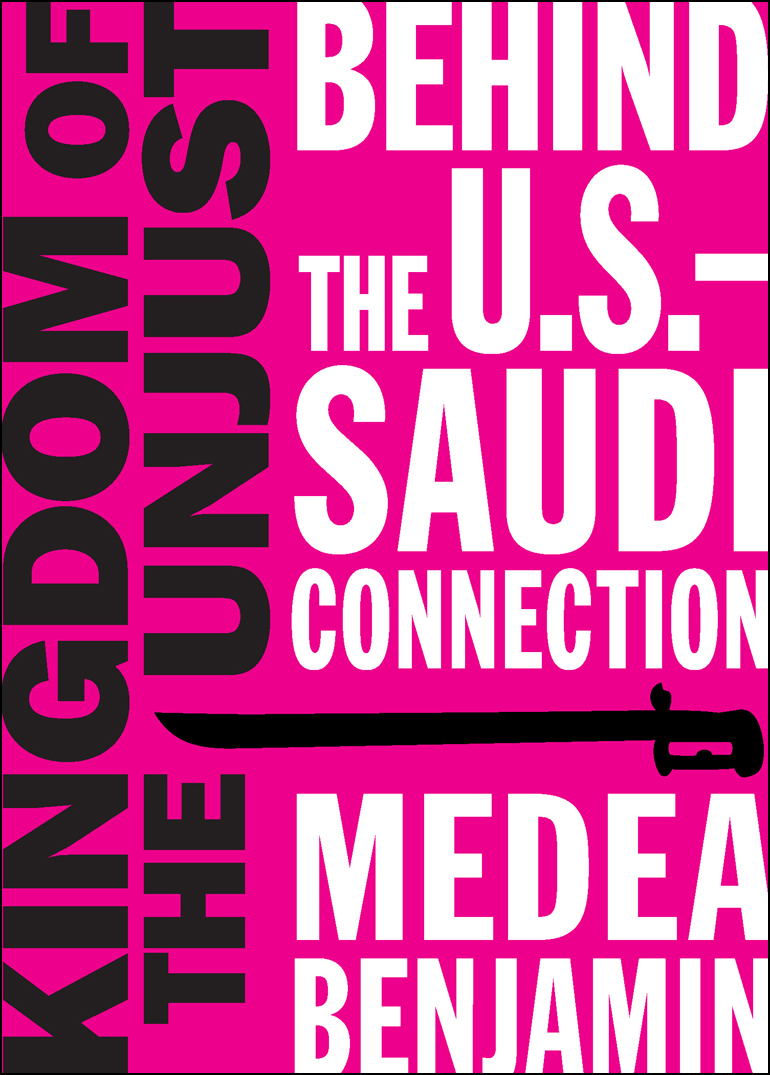Table of Contents
Guide


ebook ISBN 9781944869182
2016 Medea Benjamin
Published for the book trade by OR Books in partnership with Counterpoint Press.
Distributed to the trade by Publishers Group West
All rights information:
All rights reserved. No part of this book may be reproduced or transmitted in any form or by any means, electronic or mechanical, including photocopy, recording, or any information storage retrieval system, without permission in writing from the publisher, except brief passages for review purposes.
First printing 2016
Cataloging-in-Publication data is available from the Library of Congress.
A catalog record for this book is available from the British Library.
Text design by Under|Over. Typeset by AarkMany Media, Chennai, India.
10 9 8 7 6 5 4 3 2 1
TABLE OF CONTENTS

Credit: Norman Einstein
Through the women-led peace organization CODEPINK, which I cofounded with Jodie Evans after the 9/11 attacks, I have spent much of the last decade standing up against U.S. military intervention in the Middle East and supporting local democracy activists. I traveled many times to the region, listening to human rights advocates, marching with them in the streets, dodging tear gas and bullets, and getting beaten up and deported by government thugs.
I have seen, firsthand, the deadly effects of U.S. foreign policies. The 2003 U.S. invasion of Iraq destroyed the lives of millions, including many of my dear friends, and unleashed the sectarian hatred that later gave birth to the Islamic State. I recall a conversation with my Iraqi colleague Yanar Mohammad, daughter of a Shiite father and Sunni mother, and founder of the Organization of Womens Freedom in Iraq. When I asked her what was the most notable legacy of the U.S. invasion of her country, she gave the chilling response: We, Sunnis and Shia, learned to hate each other.
In another part of the Middle East, U.S. military support for Israel has wreaked havoc on the lives of Palestinians and aroused the ire of people throughout the region. Continuous U.S. military interventionsfrom drone warfare in Yemen to overthrowing Muammar Gaddafi in Libya to funneling an endless stream of weapons into the regionhave unleashed new levels of violence.
But the United States is not the only nation whose massive footprint has been trampling on the lives of people in the Middle East. The other nation is Saudi Arabia, an oppressive monarchy that denies human rights to its own people and exports extremism around the world. It also happens to be the closest U.S. ally in the Arab world.
During the 1980s and 1990s, I met intolerant and violent young men in Pakistan and Afghanistan who were trained to hate Westerners in Saudi schools. In 2001, I saw my own nation convulsed by an attack on September 11 that was perpetrated mostly by Saudis. Its not hard to connect the dots between the spread of the Saudi intolerant ideology of Wahhabism, the creation of Al Qaeda and the Islamic State, and the attacks in New York, Paris, Brussels, and San Bernadino.
You can also connect the dots between Saudi Arabia and the failure of some of the historic democratic uprisings associated with the Arab Spring, since the Saudi monarchy did not want calls for democracy to threaten its own grip on power. I was in Bahrain after Saudi tanks crushed the inspiring grassroots encampment in Pearl Square, where tens of thousands had gathered day after day to demand democracy. I will never forget the excitement of being in Tahrir Square during the Egyptian revolution, then watching, aghast, as a military coup backed by the Saudis put some forty thousand activists behind bars. In Yemen, the Saudis took a direct military role in that nations internal conflict with a ruthless bombing campaign.
When I travel overseas, people often ask me why Saudi Arabiaa country that is so repressive internally and overseasis such a close ally of the United States. Iranian friends want to know why the U.S. government is so outspoken about human rights violations in Iran but silent about worse abuses in the Saudi Kingdom. Yemenis ask why my government supplies weapons to the very nationSaudi Arabiathat bombed their schools and hospitals. Saudi women ask why the United States, which professes great democratic values, props up a regime that treats women as second-class citizens.
The easy answer is oil, weapons sales, and other business interests. Oil has formed the basis for SaudiU.S. ties; the kingdom has become the largest purchaser of American weapons in the world, and hundreds of billions of Saudi petrodollars help shore up the U.S. economy. But theres another reason, perhaps more critical than any of the others: the American people have not demanded an end to this dysfunctional, toxic relationship. Why? In part, because they know so little about it.
Even Americans who consider themselves part of a peace movement know virtually nothing about the kingdom. The Saudi press is muzzled, foreign journalists are strictly monitored, and only tourists visiting for religious purposes are allowed in. Add to that a Saudi lobby that lines the pockets of U.S. think tanks such as the Middle East Institute, Ivy League universities such as Harvard and Yale, and influential institutions from the Clinton Foundation to the Carter Center. This checkbook diplomacy helps put a happy face on the abusive monarchy and silence its critics.
So we have a lot to uncover. This book is meant to be a primer, giving readers a basic understanding of how the kingdom holds on to power internally and how it tries to influence the outside world. It looks at the founding of the Saudi state; the treatment of dissidents, religious minorities, women, and migrant workers; the spread of Wahhabism; the kingdoms relationship with the West and its role in the region; and what the future might hold.
As we delve into the inner workings of this dystopian regime, dont mistake criticism of Saudi Arabia for Islamophobia. This book is not a critique of Islam but a critique of three intertwining factors that have shaped the Saudi nation: the extremist interpretation of Sunni Islam known as Wahhabism, the appropriation of the Saudi state by one family, and the Western support for this dynasty.
Criticizing Saudi Arabia should also not be equated with support for Saudis nemesis: Iran. The Iranian government is guilty of some of the same abuses as the Saudis, such as restricting freedom of speech and assembly, imprisoning dissidents, and executing people for nonviolent offenses. But U.S. policy constantly rewards the Saudis while punishing Iran, even though the Iranian people have made significantly more progress than the Saudis in reforming their nation.
As outsiders, particularly those of us from North America and Europe, our responsibility is not to take sides in the Saudi/Iran split or Sunni/Shia sectarian divisions. Our responsibility is also not to change the Saudi regime; that is the job of the Saudi people. Many brave Saudis have been tweeting, blogging, marching, defying government restrictions, risking prison, and even sacrificing their lives to change their government. Our responsibility is to support these activists or, at the very least, to make sure our governments get out of their way as they attempt to transform their own nation.
Next page

